So did you dine on grouse on Saturday?
No, neither did I. I feel bad about it, though, what with failing to contribute to the rural economy again but I couldn’t face the hassle of ordering a new £1,000 made-to-measure Harris Tweed suit for the shoot and the nervous wait wondering if it would arrive in time.
I often wonder if Scotland will ever take its environment seriously, if we will ever learn to value our land, our coastal waters, our wildlife, our biodiversity, the ebb and flow of nature across our land and sea and through our sky.
The 12th of August (covered at the weekend by The Courier’s Joanna Bremner) ought to concentrate our minds but every year it comes and goes and the gruesome ritual drags its weary carcass across the moors and Scotland sinks a little deeper in the world’s estimation.
It is barely credible that we as a people still tolerate the ugly stain and smear the Glorious Twelfth inflicts on the face of the land with all that it stands for: privilege, wealth, self-interest, arrogance.
That and the crimes against nature which are necessary to sustain the annual showpiece of the worst of Victorian land management at work.
‘Festival of violence’
From within the Scottish Parliament, where the Wildlife Management and Muirburn Bill is crawling through gruesome rituals of its own right now, only one voice spoke the unvarnished truth about the glorious twelfth.
Ariane Burgess, the Greens spokesperson for land reform and rural affairs, said: “There is nothing glorious or humane about August 12.
“It is a festival of violence…The burning and degradation of our landscapes to try to improve the habitat for red grouse so there are more of them to be shot is unnecessary, and damages the environment and climate.”
Yes it does. She also referred to “these niche and elitist blood sports”, and yes they are.
Organisations representing landowners, gamekeepers and the shooting set all sing from the same dog-eared hymn sheet, the one that would have us believe their concern is the rural economy and the health of the land.
The reality is that the land is impoverished, wildlife populations are compromised to the point of local extinction and the monoculture of cultivated, medicated grouse denies the possibility of anything remotely like a working ecosystem.
Meanwhile, a rural economy dependent exclusively on a crop of birds whose management makes them infinitely more susceptible to disease than wild birds is an ethos that suggests a basic misunderstanding of the word “economy”.
Grouse are already showing signs of avian flu. What price the rural economy when that takes hold?
The vast acreage of Scotland lost through grouse moor and deer forest to any possibility of natural health is a blight.
So what about the solution?
What about the widespread application of 21st century nature conservation thinking rather than 19th century nature obliteration?
Economic spin-offs
Professional conservation groups like, say, Trees for Life, RSPB, Woodland Trust are showing what is possible, but in a relatively small way.
But this is the health of the land itself we are talking about and everything that lives on it, and that includes us as well as all of nature’s other creatures that truly belong here. So it’s also a job for the Scottish Government.
The to-do list is formidable but none of it is difficult.
One – a network of national parks where the land is owned by the nation. That is what a national park is.
These should be the showpieces that set the example of best practice. That requires a national park service.
Two – the restoration, expansion and where necessary the recreation of every native habitat.
Three – putting in place the tools for a fully functioning ecosystem, which would include as a top priority the restoration of top predators beginning with wolf.
Grouse shooting season begins in the Angus Glens. #GloriousTwelfth pic.twitter.com/pk00QteJd3
— Joanna Bremner (@C_JBremner) August 12, 2023
Four – A new national agency to replace NatureScot with real powers and a willingness to use them.
It’s a start.
Nature conservation on this scale is labour-intensive. By recruiting and training staff locally, the bond between the native population and their place on the map strengthens immeasurably. The regard for the land itself deepens and endures.
Instead of a land management strategy wholly dependent on killing things, what is initiated in its place is a land management strategy wholly dependent on generating new life.
This is where the politics of the land in Scotland should focus, this is the scale of the endeavour it should be undertaking. The economic spin-offs would be immeasurable.
And there are votes in it. Look how many people are members of conservation groups, look at the number of activists who are out there protesting at what they think politics should be doing but isn’t.
Finally, Scotland needs this. This is the way back from the jaws of climate catastrophe.
The more small countries set an example, the more big countries are shamed into action. It’s time to save the world.
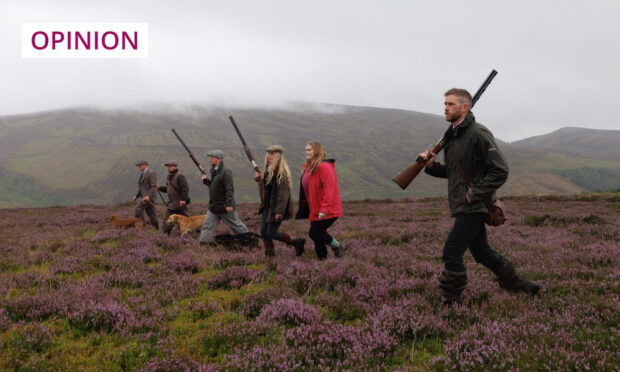
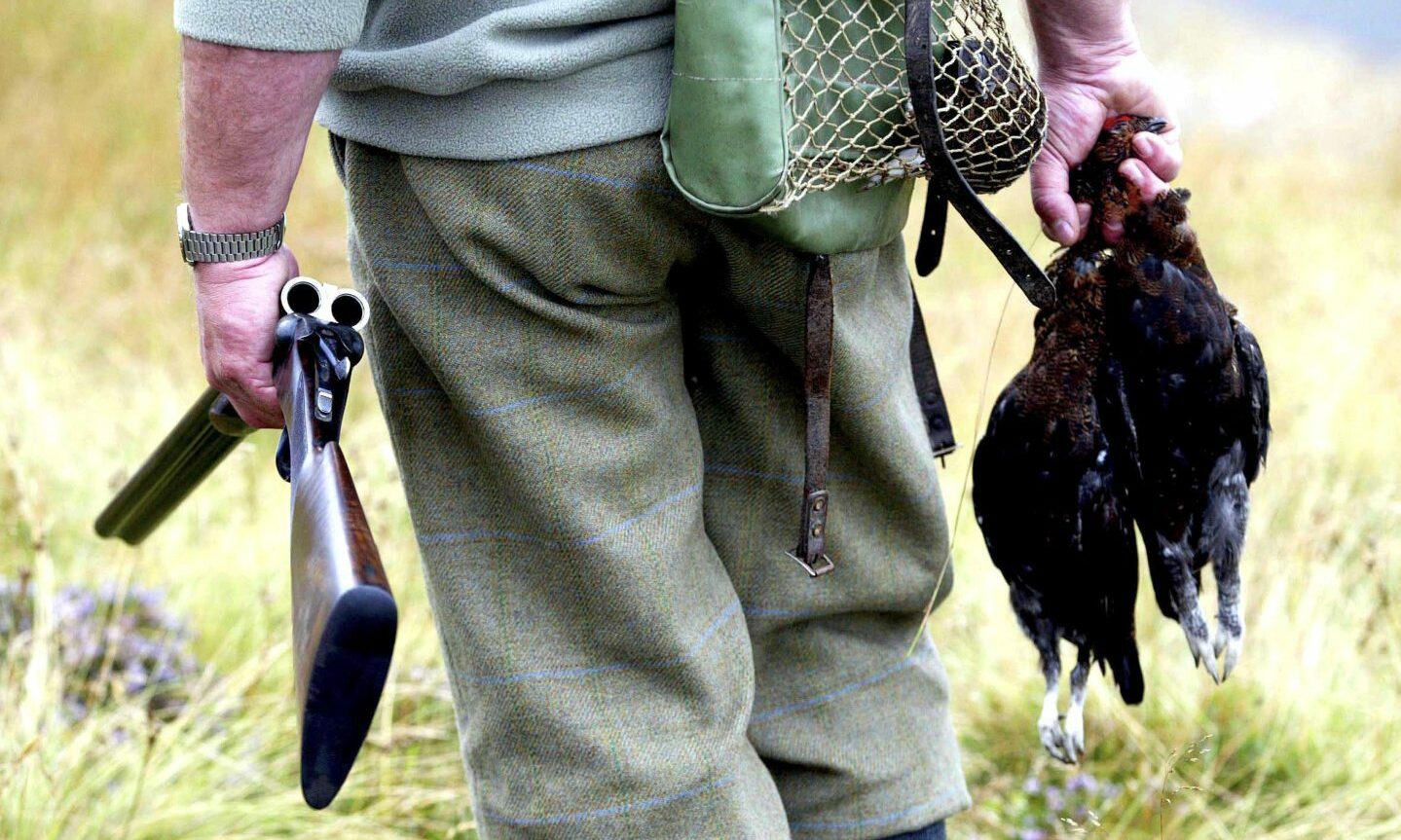

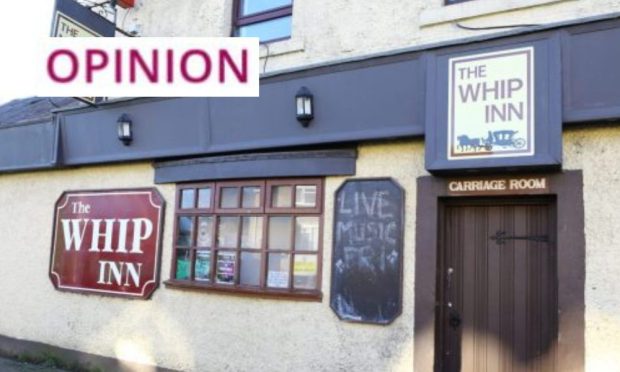
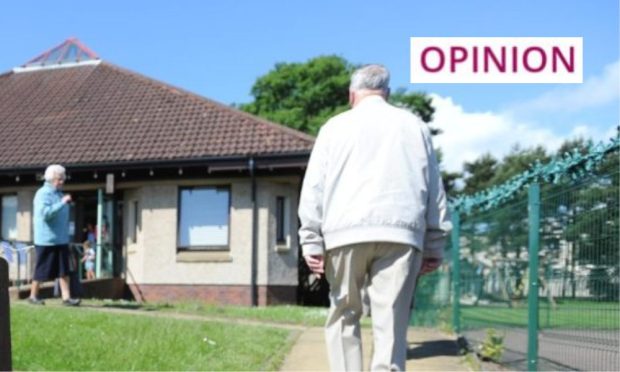
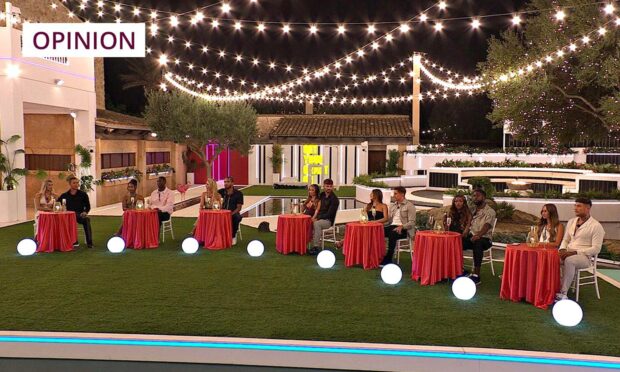
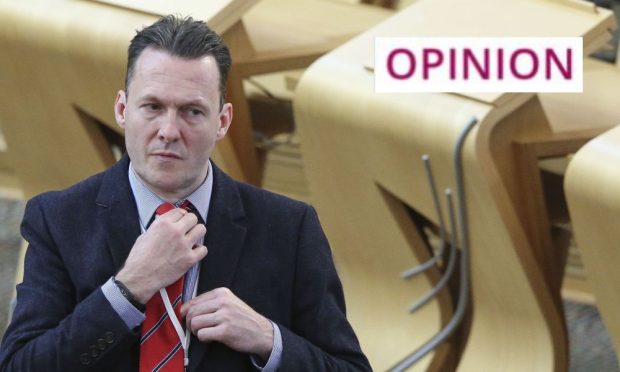
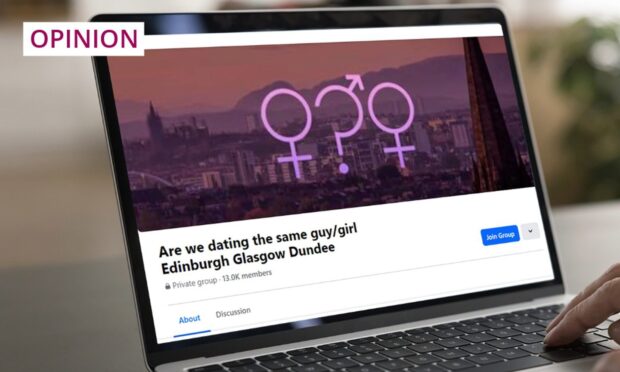
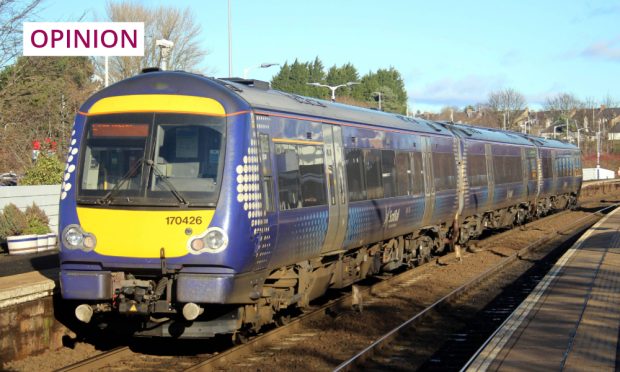
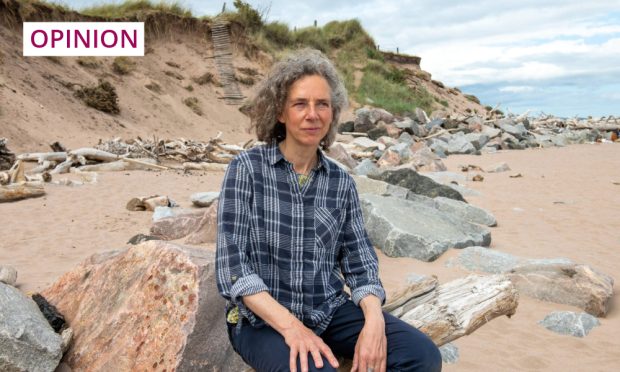
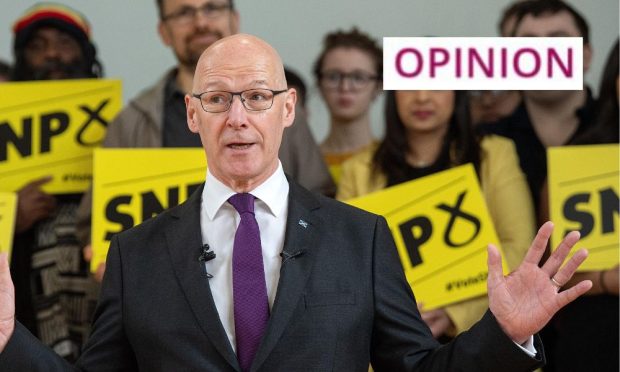

Conversation